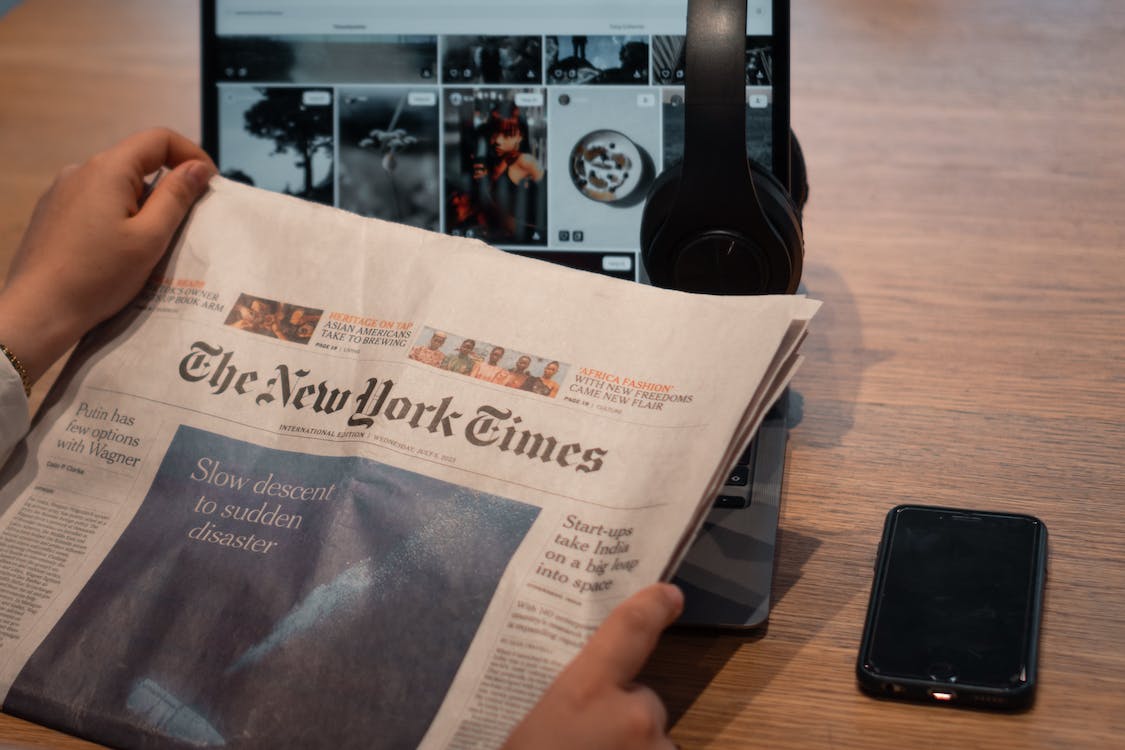The publication is suing the companies for copyright infringement and hopes to end the companies’ practice of using its material to train their AI “chatbots”.
“Defendants’ generative artificial intelligence (“GenAI”) tools rely on large-language models (“LLMs”) that were built by copying and using millions of The Times’s copyrighted news articles, in-depth investigations, opinion pieces, reviews, how-to guides, and more,” reads the complaint.
“Through Microsoft’s Bing Chat (recently rebranded as “Copilot”) and OpenAI’s ChatGPT, Defendants seek to free-ride on The Times’s massive investment in its journalism by using it to build substitutive products without permission or payment.”
While the lawsuit does not specify a monetary claim, it does state that OpenAI and its partner Microsoft should be held responsible for “billions of dollars in statutory and actual damages”.
In response to the lawsuit, which was filed in late December, OpenAI published a blog post publicly responding to the claims made by The New York Times.
The blog, entitled “OpenAI and journalism” was published on January 8 and claims that they had been in negotiation with the Times prior to the lawsuit.
“We support journalism, partner with news organizations, and believe The New York Times lawsuit is without merit,” says the blog subtitle.
“Their lawsuit on December 27—which we learned about by reading The New York Times—came as a surprise and disappointment to us.”
The blog goes on to dismiss the claims by The New York Times as “cherry-picked” examples and not representative of the models’ usual function.
It also asserts that training AI models on publicly available online materials is fair use and does not violate copyright law.
This, however, is not the view of many other authors who have raised similar legal complaints against OpenAI in the past year.
In November, thousands of nonfiction authors collectively filed a class action lawsuit against OpenAI for using their work to train their language models without consent or compensation to the authors.
“Nonfiction authors often spend years conceiving, researching, and writing their creations. While OpenAI and Microsoft refuse to pay nonfiction authors, their AI platform is worth a fortune. The basis of the OpenAI platform is nothing less than the rampant theft of copyrighted works,” the lawsuit states.
OpenAI closes out their blog post by saying that they look forward to future partnerships with news organisations.
“We look forward to continued collaboration with news organizations, helping elevate their ability to produce quality journalism by realizing the transformative potential of AI.”






